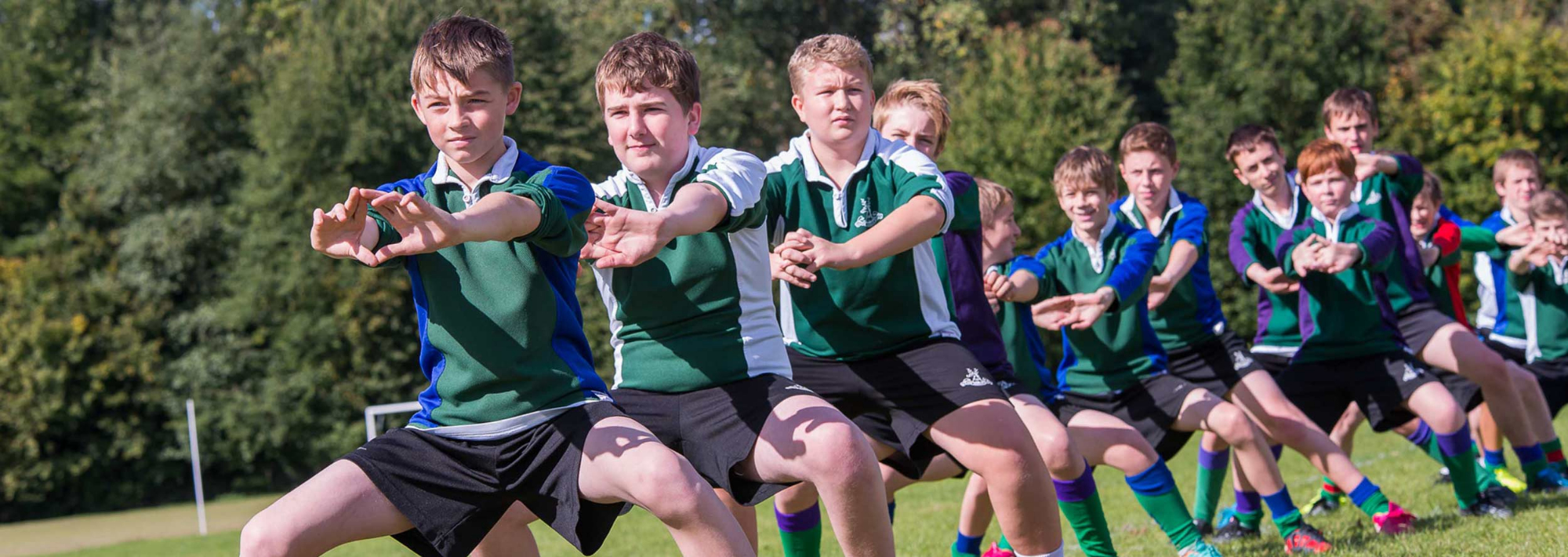Physical Education A level
Why study Physical Education?
Studying A-Level Physical Education will give you a fantastic insight into the amazing world of sports performance. Not only will you have the chance to perform or coach a sport through the non-exam assessment component, you will also develop a wide range of theoretical knowledge of Physical Activity and Sport.
What does the course involve?
Over the two-year course, you will study a broad range of Physical Education theory topics including the following subject content:
- Applied anatomy and physiology
- Skill acquisition Sport and society
- Exercise physiology
- Biomechanical movement
- Sport psychology
- Sport and society and the role of technology in physical activity and sport
The theory components of the course make up to 70% of the course content. You will also be expected to be training and performing regularly in one activity from the published list of activities from AQA. You will need to be performing at a competitive level to perform well in your NEA practical coursework. In the second year of the course, you will also complete a piece of NEA written coursework in the form of analysis of performance project based upon your own performance of your assessed activity.
How will I be assessed?
This qualification is linear, meaning that students will sit all their exams and submit all their non-exam assessment at the end of the course. It is 70% theory and 30% practically assessed.
Leading to a career in?
The subjects you learn about will be invaluable at a personal level and will help you to be better at sport, no matter what your standard.
The Physical Education A Level also acts as a foundation to many career options. Because of the broad range of content topics studied, you may want to go on to further study leading to the following career paths:
• Sport science
• Physiotherapy
• Working for a national governing body
• Sport psychology
• Technology in sport
• Sport and the law
• PE teaching
• Sports coaching
• Personal training
• Sport nutrition
• Sport journalism
• Sport analysis



